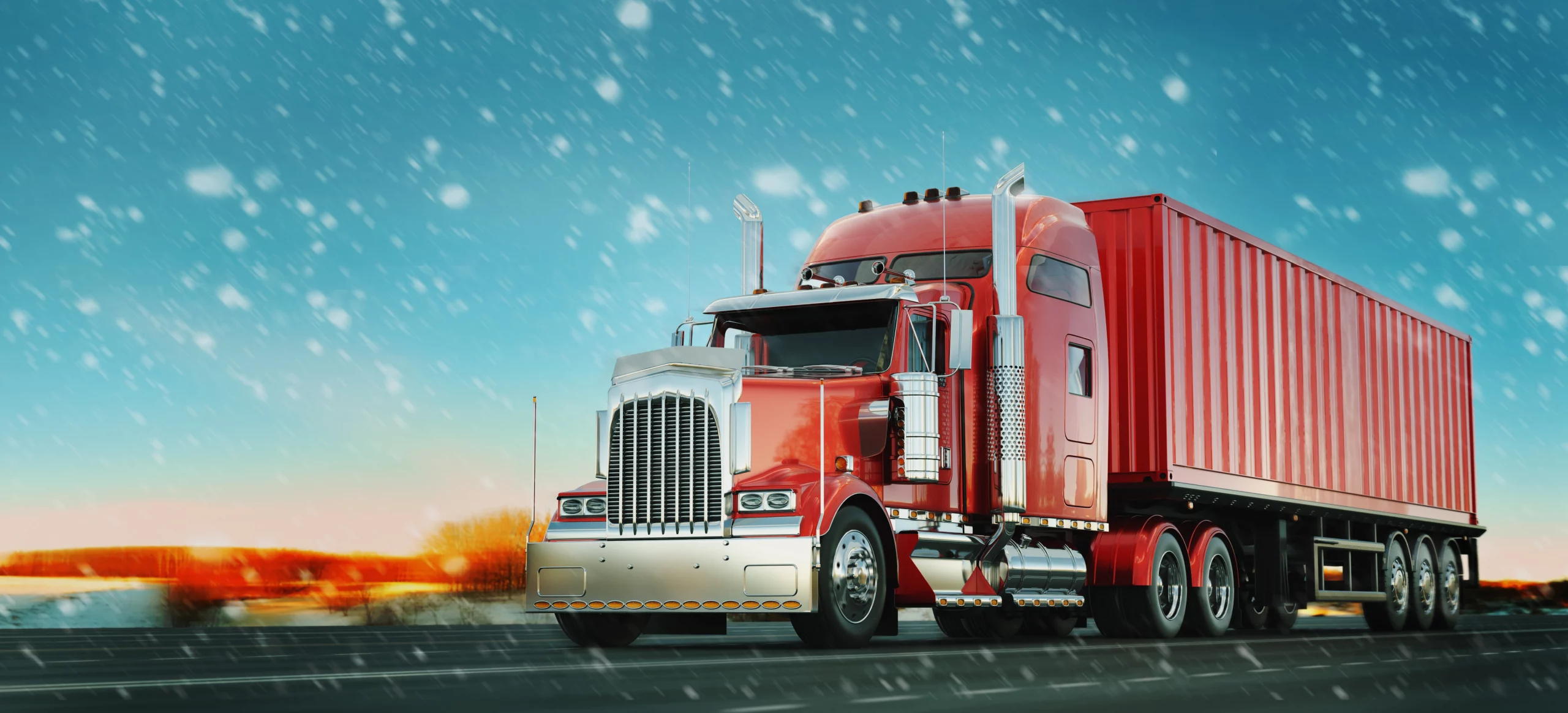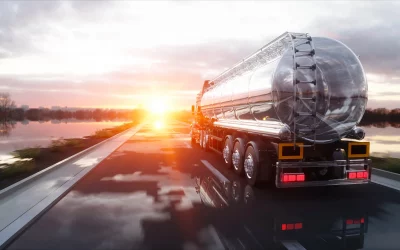What Can I Do to Avoid Truck Accidents in Colorado Springs?
Because of the size of trucks, they are quite dangerous. Insurance companies would most likely give you a modest first payment after such an accident in the hopes that you will accept and end your claim.
Always keep in mind that insurance companies exist to earn a profit. Your injuries and other claims impact their bottom line.
Accidents involving trucks sometimes result in more significant injuries than accidents involving passenger cars or other compact cars.
According to the Federal Motor Carrier Safety Administration, Colorado has had an average of 504 deaths in heavy truck collisions per year over the last ten years (FMCSA).
Accidents involving heavy cars killed 4,761 individuals throughout the United States. Colorado was home to over 11% of those killed, and the number of deadly collisions involving huge trucks is rising every year.
Free Consultation
In Person | Phone | Zoom
What Can a Truck Accident Lawyer Do for You?
Whether you were hurt in a truck accident, consult with an attorney to discover if you are eligible for compensation. During your first case examination, your lawyer may address a variety of topics with you to better understand your unique situation. Some of the questions a truck accident lawyer could ask concerning your truck accident are:
- What are the nature of your injuries?
- Did a family member die in the accident?
- How much damage did your car and personal belongings sustain in the accident? Whether the collision happened just in front of your house, we’ll want to know if there was any damage to your yard or home; trucks have been known to drive off the road and into people’s homes.
- Did the cops come up, and if they did, did you give them a statement?
- Did the cop arrest or give a ticket to the truck driver?
- Have you sought medical help? Are you still receiving medical care if that’s the case?
- Do you believe you’ll need continuous treatment, such as further surgeries, physical therapy, occupational therapy, or psychiatric counseling?
- How much time did you miss at work due to your injuries?
- Do you intend to be out of work for an extended period?
- Do your injuries have any long-term consequences?
- Do you have an underlying illness, such as diabetes or a weakened immune system, that might make it more difficult for your injuries to recover in the time it takes for a particular injury to heal?
- Have you had a long-term or permanent impairment?
- Are you still in a lot of pain as a result of your injuries, even if they’ve healed?
- Do you recall what occurred just before the accident?
Your legal team will use the answers to these questions to further examine your injuries and decide if you should pursue extra damages.
What if I was partially to blame for the accident?
Even if you are the driver who gets the ticket, never concede culpability, even partial fault, for an accident. Even if you are somewhat at fault, you may be able to recover some compensation. However, if you accept blame or say anything that encourages authorities to suspect you were at fault, receiving compensation may be difficult, if not impossible. The defendant’s insurance company and lawyers will try to use what you say against you to avoid paying your medical bills and any damages you may be entitled to.
If your insurance company calls you, or if the defendant’s insurance company contacts you, give them your name and the location of the accident, and then inform them that your attorney will contact them. If you didn’t acquire their contact information at the accident site, you should get it now.
The Kinds of Injuries You Might Get in a Truck Accident
Accident injuries are often severe due to the size and weight of huge cars. Bruises, cuts, scratches, and abrasions are all possible injuries in a truck collision. Although they normally heal rapidly, they may get infected. You’re more likely to have an infection if you have an underlying problem that prevents this sort of damage from healing rapidly.
Diabetes, cancer, and immune system illnesses are some of the underlying conditions that might create issues with healing. Injuries may also take longer to heal if you’re on a chemo treatment that lowers your white cell count. Even if you have minor injuries, it is critical to inform your attorney if you have an underlying ailment or are taking medication that may delay recovery.
Muscle strains, sprains, and pulls. These usually recover within a few weeks. If a pulled muscle is severe enough, surgery may be required. If surgery is required, you will need to nurse that limb back to health and may need physical therapy to rebuild the muscle after it has healed.
Bone fractures. A simple fracture or a complex fracture are both possible. A complex fracture is a skin break that generally necessitates surgery. Because of underlying concerns, the site may get infected or take longer to heal than other open wounds.
Injuries to the back, neck, and spine. Most of these injuries are fatal, and some are even long-term or permanent.
Head trauma. These are almost always disastrous. Head traumas may lead to epilepsy and raise the likelihood of developing Parkinson’s disease or Alzheimer’s later life. Concussions have also been related to the subsequent development of chronic traumatic encephalopathy (CTE).
Avoiding a Truck Accident While Driving
Truck drivers must follow federal and state restrictions regarding hours on duty, the number of hours they may drive before taking a break, and other rules designed to keep the public safe. However, some drivers—or the corporations that hire them—do not follow these laws and regulations, though it is getting more difficult to do so since most drivers are compelled to use electronic tracking devices.
Always keep an eye out for large trucks while driving. Remember that they take significantly longer to stop due to their size and weight, particularly when loaded. They also make a lot more turns. Keep these ideas in mind if you’re driving near trucks:
Never pass a tractor-trailer on the right, particularly if the truck is going right.
Before merging in front of a truck on the highway, be sure you can see the truck in your rearview mirror. If you utilize your passenger door mirror, keep in mind that the car is closer to you than it seems, and you risk rear-ended.
To prevent missing your exit, never cut off a truck. Trucks are unable to halt as quickly as passenger cars. If you go near enough to have the trucker lock up his brakes, he will almost certainly strike you and maybe jackknife the trailer, injuring other drivers.
If you are too far ahead while waiting at a red light and a truck wants to turn into the road you are on, it may strike you. If truckers often use a junction, cities, and municipalities will usually place the white stop line some distance before the intersection. Never, ever, ever, ever, ever, ever, ever, ever, ever, ever, ever, ever
If a trucker has to turn into the route you’re on and you can safely back up to allow him enough space to complete the wide turn, you should. Always check your rearview mirror before backing up to ensure no one is following you or approaching from behind.
Avoid passing trucks on high bridges if the weather is windy. If the winds are too strong, the state or county would often block high bridges to the truck and even passenger car traffic. Even if a box truck isn’t towing a trailer, a side wind may easily blow it over. Do not pass a truck if the driver has difficulty maintaining in his lane due to the wind, fatigue, or distraction. Keep a safe distance behind the car.
Otherwise, the truck driver may sideswipe you as you pass by. Stay far enough back while following a car, particularly a tractor-trailer, so you can’t see the truck’s door mirrors. If you can’t see your reflection in the mirrors, the truck driver won’t be able to see you.
On a slope, you should never follow a truck too closely. If the truck is moving slowly, it is most likely carrying a big load and cannot accelerate up the slope. Pass the car only when it is safe to do so.
Keep a safe distance from truck drivers, particularly if the weather is bad. Never presume that a truck driver will do the right thing just because he or she is a professional. You are more likely to prevent an accident if you pay attention to what is happening around you when driving near trucks.
Maintenance and Trucks
Accidents cannot always be avoided. Tire blowouts are an example of something that might happen unexpectedly. That piece of rubber flying towards you has the potential to inflict serious damage to your car and will almost certainly cause you to crash. Furthermore, don’t assume that a blown tire will not entitle you to compensation.
Trucking firms and drivers are subject to stringent maintenance requirements. If the trucks are not properly maintained, you may be able to hold the company, owner, driver, or even the cargo distributor accountable for any accidents caused by maintenance concerns. · Large cars often employ recaps since they are less expensive.
The air brake system must also be well-maintained if a recap falls apart and the rubber flies at your car or lands on the road, causing you to crash.
Before every lengthy journey, truckers and their employers should inspect the truck’s brakes, suspension, and steering components; these components should always be maintained in excellent condition.
Every time a trucker goes out on the road, he or she must go through an inspection list. Inspectors from the Department of Transportation often cruise the roadways, stopping trucks at random to examine them. If truckers are still using manual logbooks, these authorities may fine them for not maintaining correct logbooks and having faulty lights, cracked mirrors, worn tires, and other conditions contributing to accidents.
Keep an eye out for anything unusual when driving with trucks, such as a wobbling tire or a piece of rubber slapping the road. The trailer should trail the car in a straight line. Keep a safe distance from the car if you see anything that doesn’t seem right.
Involved Damages in Truck Accident Cases
If you were hurt in a truck accident, you should seek the following compensation:
Medical expenditures (past and future)
Lost earnings (past and future)
Reimbursement for the repair or replacement of personal property (past and future)
Pain and suffering (past and future)
Loss of companionship (past and future)
Wrongful death (past and future)
Punitive damages are only granted when the defendant’s egregious conduct, such as driving while intoxicated or failing to keep trucks serviced on purpose. Punitive damages are intended to penalize the defendant and serve as a deterrence for the activities that resulted in your injuries or the loss of a loved one.
For more information, contact a truck accident lawyer.
If you have been wounded in a truck accident or have lost a loved one in one, call a truck accident lawyer for answers to any lingering questions or worries. Most personal injury attorneys will provide a free consultation, and you will not be charged until they assist you to win your case.







